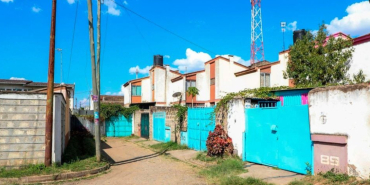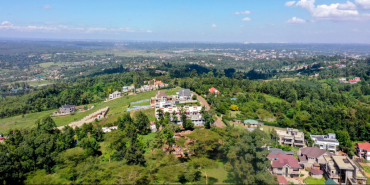AI in Kenya’s Property Valuation: Progress and Limitations

Kenya’s property valuation sector is facing pressure to digitise, but industry experts warn that automation tools still fall short in capturing the complexities of local real estate markets.
Accurate and timely property valuations are critical for banks, developers, insurers, and buyers. These assessments guide decisions on loans, investments, insurance policies, and property sales.
Although digital tools have helped reduce turnaround times, from up to a week to just a few days, full automation remains out of reach. According to Alex Moseti, Director at Cambrian Valuers Ltd, Kenya’s property market requires insight that technology alone cannot provide.
One widely used tool among valuers is Google Maps, which allows surveyors to observe neighbourhood changes remotely. While useful for basic assessments, more advanced systems, such as Automated Valuation Models (AVMs), struggle with Kenya’s diverse and often unpredictable property landscape.
AVMs apply artificial intelligence to estimate values based on data inputs. However, unlike in industries such as automotive sales, real estate lacks standardised features, making it difficult for algorithms to produce accurate valuations.
Local factors complicate matters further. Zoning rules in Kenya are often ignored or inconsistently applied, leading to wide variations in value within the same development. A single apartment block may include units facing vastly different surroundings, such as a slum, a forest, or a highway, each with its own market value.
These variations require local knowledge and context, which AVMs currently cannot replicate without large, constantly updated datasets. Legal restrictions also limit data use. Under Kenya’s data protection laws, valuers cannot reuse or sell client data once a report is completed and paid for.
Although firms may retain this information for internal use, the inability to share or commercialise it restricts the development of more sophisticated valuation technologies. Inaccurate or outdated data can lead to significant losses. Moseti cites the example of Upperhill in Nairobi, once seen as a high-potential investment area.
As demand declined, many developers were left with underperforming properties. Experienced valuers are often better equipped to identify fraudulent transactions or irregularities that automated systems may miss. Despite these challenges, the industry is slowly evolving. Government platforms such as Ardhisasa are helping to digitise land records and increase transparency.
Remote valuations, where property owners share recorded footage with valuers, are also becoming more common, offering greater convenience while maintaining expert oversight.








Add new comment